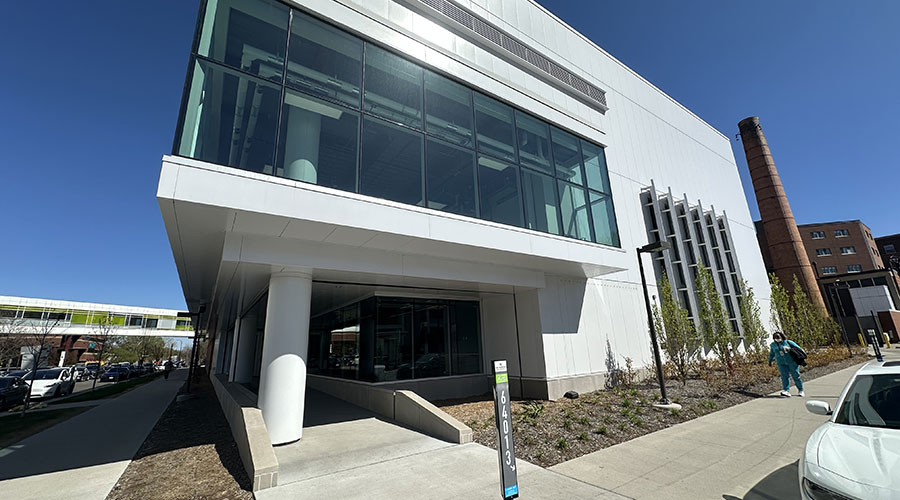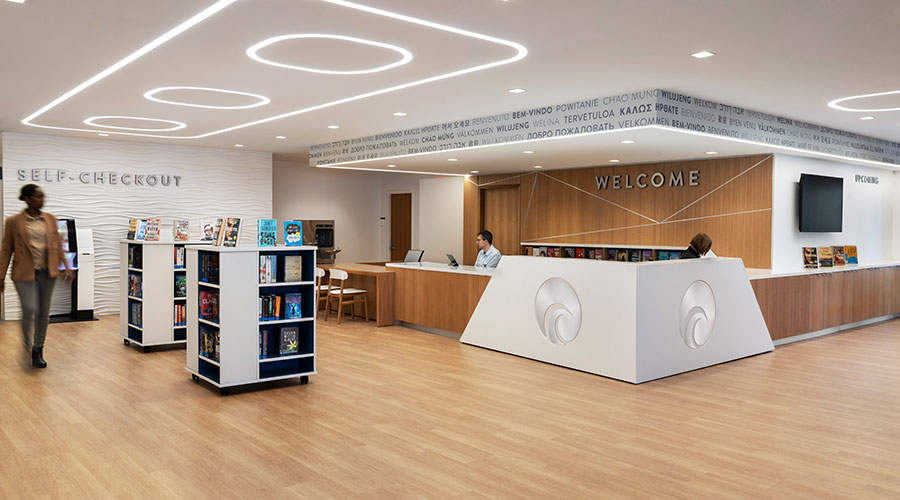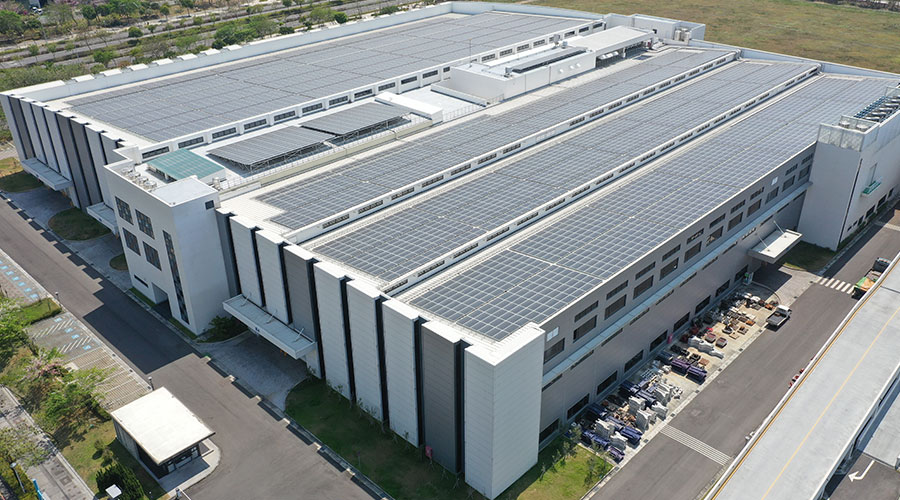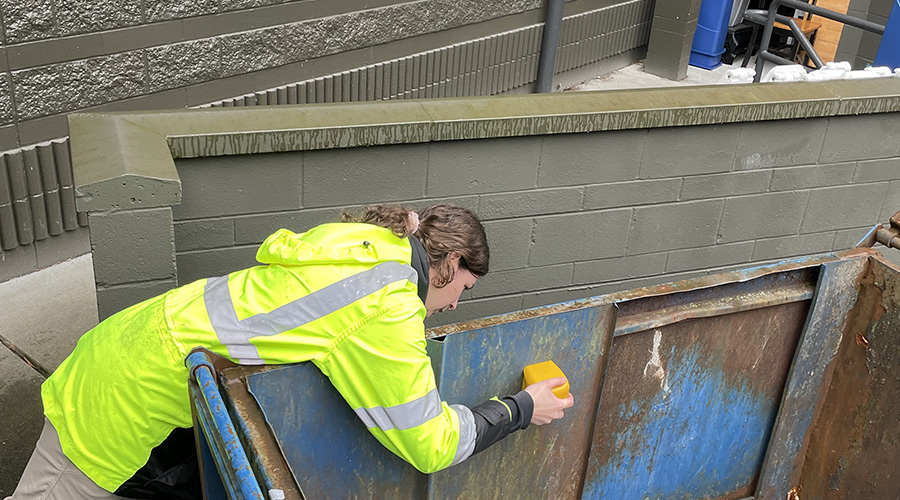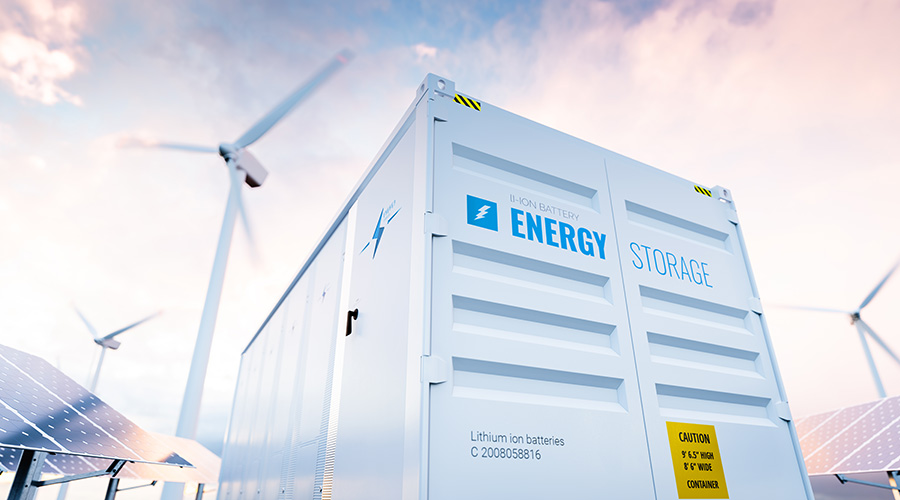Advances in Water Efficiency Technology, Codes and Policies
What are some of the most significant advances either in technology, codes or policies that have advanced the field of water conservation?
Some of the most significant advances in technology have been fixtures and equipment that work well while using minimal water. This hasn’t always been the case. Not too long ago minimal water meant minimal performance. This is no longer true. Current 1.28 GPF water closets work better than old 3.5 GPF models, 1.5 GPM shower heads feel like more water than those with more and nearly every type of new equipment offers high-efficiency water use as either standard or as an add option. Regarding codes, many jurisdictions are embracing rainwater use, greywater use and have allowed the reduction of maximum water use per fixture. And finally, in general, and with respect to policies, states, cities and building owners are utilizing rebates, LEED, metering and many other green guides in an effort to reduce use and operational expenses, increase building value and attract desirable, higher paying tenants.
Water efficiency education has also come around where today’s businesses can learn about offering these services to existing owners. According to a study by an industry vendor, there are more than 70 billion square feet of existing commercial building space that is 30 years old on average. That offers opportunities to all, be it saving operation and maintenance expenses, selling the high-efficiency fixtures and equipment or performing their installation. Combining all of the above brings us to our current situation where the time could not be any better to invest in water efficiency. IAPMO’s (International Association of Plumbing and Mechanical Officials) Green Plumbing and Mechanical Code Supplement was also a grand step in providing green installation guidelines from a reputable international source with the caveat being your local jurisdictional codes having the final say on what is allowable in your area.
Answers provided by Troy Aichele, LEED AP, principal, Aichele & Associates, LLC
Related Topics:






